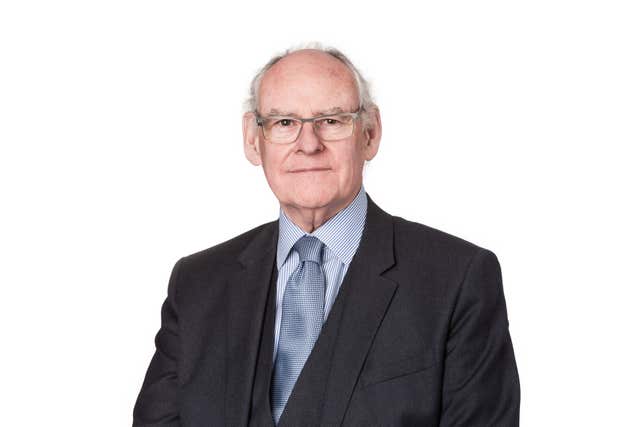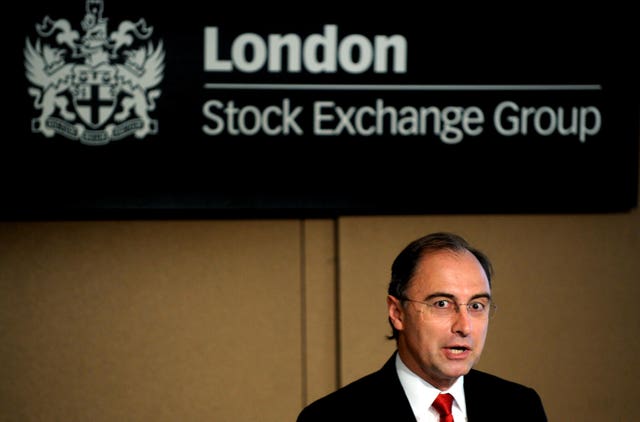London Stock Exchange chairman gains backing of investor group
Institutional Shareholder Services has recommended that investors oppose a motion calling for Donald Brydon’s immediate removal.

The London Stock Exchange chairman Donald Brydon, under intense fire from an activist investor calling for his removal, has received the backing of an influential shareholder advisory group ahead of a crunch vote on his future.
Institutional Shareholder Services (ISS) has recommended that investors oppose a motion, tabled by the Children’s Investment Fund Management (TCI), calling for Mr Brydon’s immediate removal.
Ahead of a shareholder vote on December 19, ISS said in a document: “Support for the removal of the chairman would equate to a strong judgment call against the board, and simultaneously looking for a new chairman and CEO would be far from ideal.
“Keeping Donald Brydon as chairman for a limited time would provide stability and continuity and he has substantial experience hiring CEOs.”

However, Mr Rolet stepped down last week after more than eight years in the role amid an increasingly bitter dispute that has dogged the exchange operator.
In its own circular TCI, headed up by Christopher Hohn, has accused the LSE of dismissing a “world class CEO without providing any good reasons” as it ripped into Mr Brydon’s record and conduct.
However, ISS has refused to back TCI’s position.
“In summary, ISS considers that the dissident has not met the burden of proving that the immediate removal of Donald Brydon from the Board will be beneficial for the company and its shareholders as a whole,” ISS added.
The LSE confirmed last week that Mr Brydon will not stand for re-election in 2019, but this stopped short of meeting the TCI’s demands for his immediate removal.

Mr Rolet’s departure comes after more than eight years in the top job, during which time the LSE has seen its stock market value soar from £800 million to nearly £14 billion.
His tenure has seen LSE seal a string of acquisitions, although it was marred by the recent failed attempt at a £21 billion merger with German rival Deutsche Borse after it was blocked by the European Commission in March.





